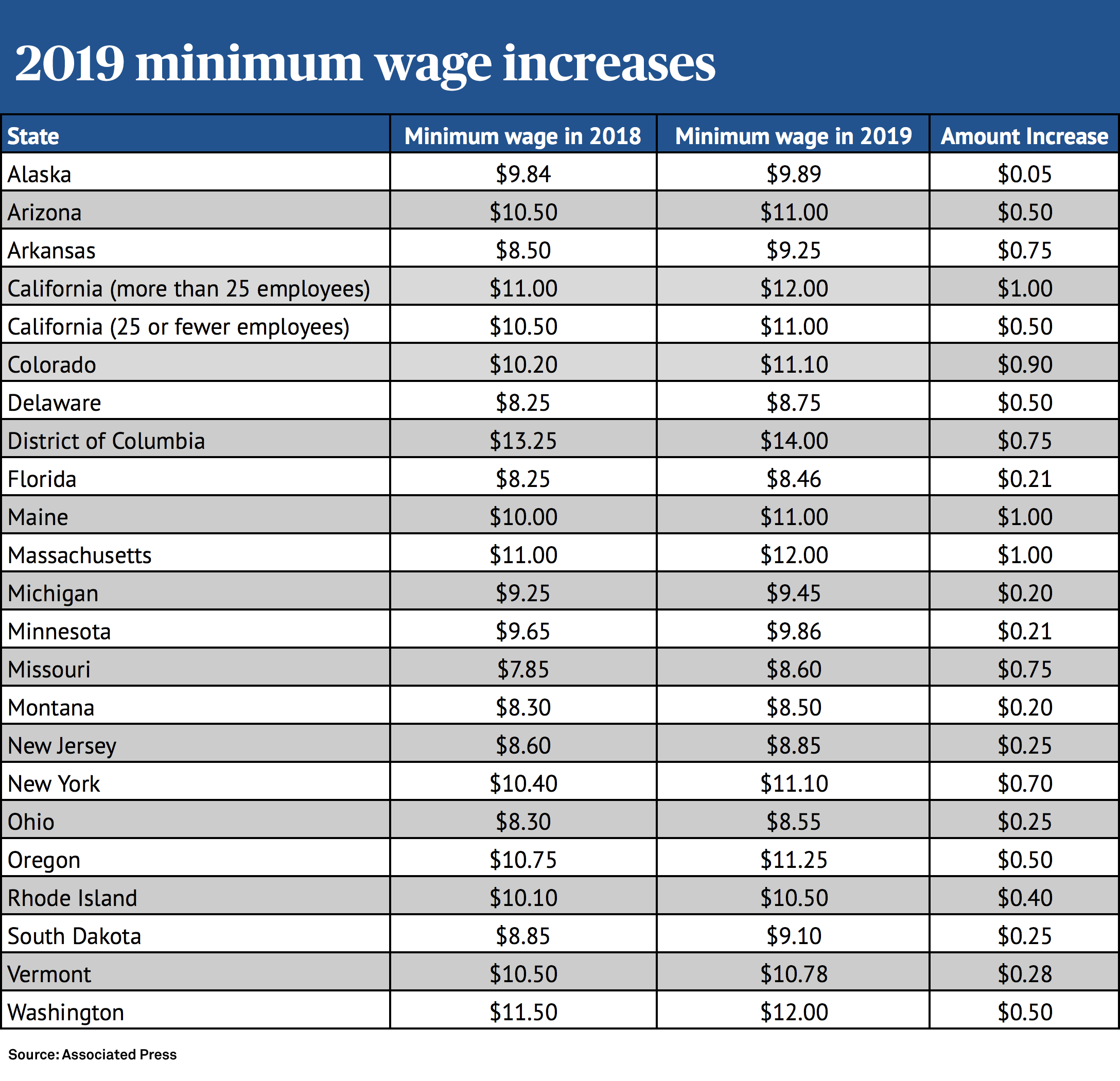Decoding California's Salary Landscape
Navigating the California job market can feel like traversing a complex maze, especially when trying to understand compensation. What's a "good" salary in the Golden State? How do different factors like location, industry, and experience influence earnings? This guide aims to shed light on California's pay scale landscape, providing you with the tools to decipher salary expectations and make informed career decisions.
California's compensation structure is multifaceted, encompassing everything from state employee wages to private sector benchmarks. It's not simply a matter of a single "pay scale," but rather a complex interplay of factors. Understanding these nuances is crucial for both job seekers and employers alike.
Historically, California has often been at the forefront of labor laws and worker protections, influencing the evolution of its pay scales. From minimum wage laws to regulations on overtime pay, these legal frameworks play a significant role in shaping compensation standards across the state. Moreover, the state's diverse economy, ranging from tech giants in Silicon Valley to agricultural powerhouses in the Central Valley, further contributes to the complexity of its pay structures.
The importance of understanding California's pay landscape cannot be overstated. For individuals, it's essential for negotiating fair salaries, making informed career choices, and understanding their earning potential. For businesses, grasping the intricacies of California compensation ensures compliance with regulations, attracts and retains top talent, and fosters a competitive edge.
One of the main issues surrounding California's pay scales is the high cost of living, particularly in major metropolitan areas. While salaries might appear high compared to other states, the cost of housing, transportation, and everyday necessities can significantly impact real purchasing power. This makes understanding the relationship between salary and cost of living crucial for assessing the true value of a compensation package.
California state employee salaries are typically available through public databases and resources like the State Controller's website. These resources offer detailed information on job classifications, salary ranges, and other compensation details. For private sector roles, resources like Glassdoor, Salary.com, and LinkedIn can provide insights into average salaries for specific positions and industries.
Understanding the variations in pay based on location is vital. For example, salaries in San Francisco tend to be higher than those in Fresno, reflecting the differing cost of living. Industry also plays a significant role; tech professionals typically earn more than those in retail. Experience, education, and specialized skills further influence an individual's earning potential.
While California's pay scale can be challenging to navigate, it also offers numerous benefits. Access to competitive salaries, strong worker protections, and a vibrant job market are just a few advantages.
Advantages and Disadvantages of California's Pay Scale
| Advantages | Disadvantages |
|---|---|
| Competitive salaries in many industries | High cost of living, especially in urban areas |
| Strong worker protections and labor laws | Competitive job market, requiring specialized skills |
| Diverse job market with opportunities in various sectors | Significant regional variations in pay and cost of living |
Frequently Asked Questions:
1. Where can I find information on California state employee salaries? (Answer: State Controller's website)
2. What factors influence pay in California? (Answer: Location, industry, experience, education)
3. How does cost of living impact California salaries? (Answer: High cost of living can offset high salaries)
4. What resources can I use to research private sector salaries? (Answer: Glassdoor, Salary.com, LinkedIn)
5. Are California salaries higher than other states? (Answer: Often higher, but cost of living must be considered)
6. How can I negotiate a fair salary in California? (Answer: Research industry standards and cost of living)
7. What are some high-paying industries in California? (Answer: Tech, healthcare, finance)
8. How does California's minimum wage compare to other states? (Answer: Typically higher)
One tip for navigating California’s pay scale is to thoroughly research salary ranges before applying for jobs or negotiating compensation. Leverage online resources and network with professionals in your field to gain insights into market rates.
In conclusion, California's pay scale is a complex and dynamic landscape. Understanding the various factors that influence compensation, from location and industry to experience and cost of living, is essential for both individuals and businesses. By leveraging available resources, conducting thorough research, and staying informed about market trends, you can effectively navigate the Golden State's pay structure and make informed decisions that benefit your career and financial well-being. Whether you are a seasoned professional or just starting your career, grasping the intricacies of California's pay scales empowers you to achieve your financial goals in one of the most competitive and rewarding job markets in the world. Take the time to research and understand the landscape, and you'll be well-equipped to thrive in California's vibrant economy.
Nectar adjustable beds near you a snarky guide
The enigmatic allure of the iq gold bowling ball
Transform your space with the soothing hues of misty surf







